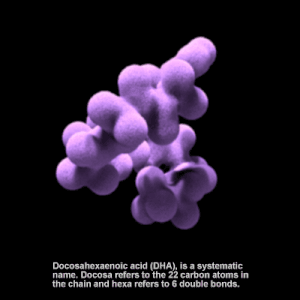Cancer patients will ‘manage disease’ with new DNA-based treatments | Health | Life | National Post:
Excerpt: (click on above link for full article)
"Cancer will become a manageable disease rather than a death sentence thanks to a revolutionary treatment which will be available within five years, British specialists predict.
All patients will soon have their tumour’s DNA, its genetic code, sequenced, enabling doctors to ensure they give exactly the right drugs to keep the disease at bay.
Doctors hope it will be an important step towards transforming cancer into a chronic rather than fatal disease."
***
"Genetic profiling of tumours is already used to some extent, but current methods only look for a few genes. Women with advanced breast cancer are tested to see if their tumours have a particular variant of the HER2 gene, which causes a fifth of cases. Those with it are given Herceptin, but the same drug would do no good for those without the gene variant.
Advanced melanoma patients with a particular gene mutation are prescribed Vemurafenib, a pill that has been shown to increase survival, on average, from 9.6 to 13.2 months, and help patients feel much more energetic.
But average survival times hide massive variations. One patient at the Royal Marsden in Chelsea, where the institute is based, has survived 10 years so far with advanced breast cancer on Herceptin.
Prof Ashworth said that such cases were the exception.
But he added: “We would hope that they will become the norm. By actively profiling patients who respond well, and sequencing their genomes, we can find the genes that are responsible for that.”
***
It’s an idea that is elegant for its simplicity: Rather than killing cancer with chemo- or radiation therapies, which can also poison healthy tissue, why not conduct the attack with the weapons of the body’s own immune system? Although the idea has been around for decades, the technique, known as immunotherapy, has long been a frontier of cancer care that’s just out of reach."
Read more...






























